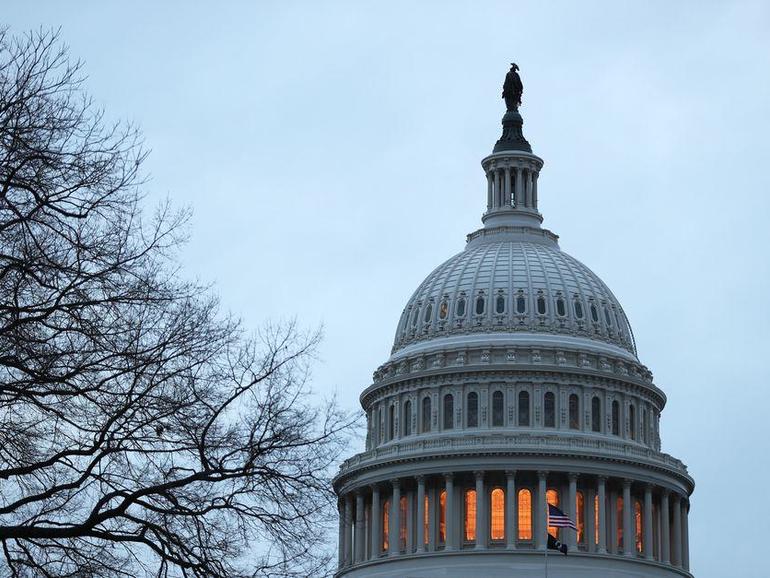United States Secretary Treasury Janet Yellen has followed in the footsteps of President Joe Biden, calling for the need to close the country’s multinational tax avoidance loophole.
In a speech to the Chicago Council on Global Affairs on Monday, Yellen cited that following a “thirty-year race to the bottom” on slashing the country’s corporate tax rates, the Biden administration will work with other G20 countries to agree to set a minimum rate.
“Competitiveness is about more than how US-headquartered companies fare against other companies in global merger and acquisition bids,” Yellen said.
“It is about making sure that governments have stable tax systems that raise sufficient revenue to invest in essential public goods and respond to crises, and that all citizens fairly share the burden of financing government.”
She continued, saying that setting a minimum tax rate will ensure there is a “more level playing field in the taxation of multinational corporations”.
During her speech, Yellen also took the opportunity announce plans to update the country’s current regulatory frameworks to reflect the “risks and threats inherent in the use of new technologies”.
Last week, President Joe Biden vowed to raise the corporate tax rate from 21% to 28%.
“In 2019, an independent analysis found that are 91 — let me say it again, 91 Fortune 500 companies — the biggest companies in the world, including Amazon — they used various loopholes so they’d pay not a single solitary penny in federal income tax. I don’t want to punish them, but that’s just wrong. That’s just wrong. A fireman and a teacher paying 22%? Amazon and 90 other major corporations are paying zero in federal taxes?” he said.
“I’m going to put an end to that.”
Prior to the release of the president’s plans, Amazon launched a page that outlined the company’s views on certain issues, including corporate tax.
Amazon noted that it believes tax codes between countries should be “coordinated to have neither loopholes that permit artificially lower tax rates, nor overlaps that cause higher tax rates or redundant taxation, because these distort company behaviour in ways that don’t benefit consumers or the economy”.
Amazon added it supports the Organisation for Economic Cooperation (OECD) on its work to review the international tax system.
Last October, the OECD released blueprint reports on a “two-pillar approach” that aimed to ensure multinationals pay their fair share of tax in the countries they operate in.
The two-pillar approach is one of nexus and profit allocation and another of ensuring a minimum level of taxation.
The OECD Inclusive Framework on Base Erosion and Profit Shifting (BEPS) brings together 137 member jurisdictions. It states that both pillars combined could increase global corporate income tax revenues by about $50-$80 billion per year.
G20 Finance Ministers said they were committed to further progress on both pillars and urged the inclusive framework to address the remaining issues with a view of reaching a global and consensus-based solution by mid-2021.



